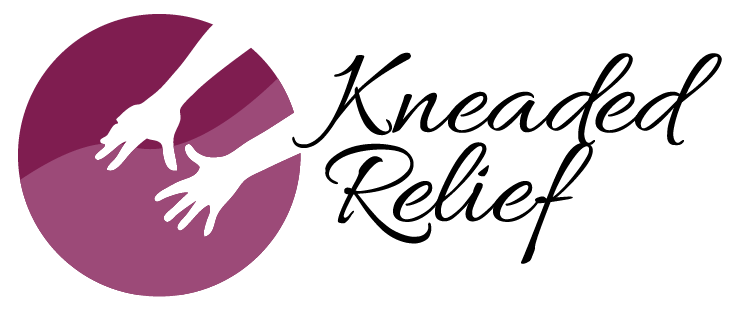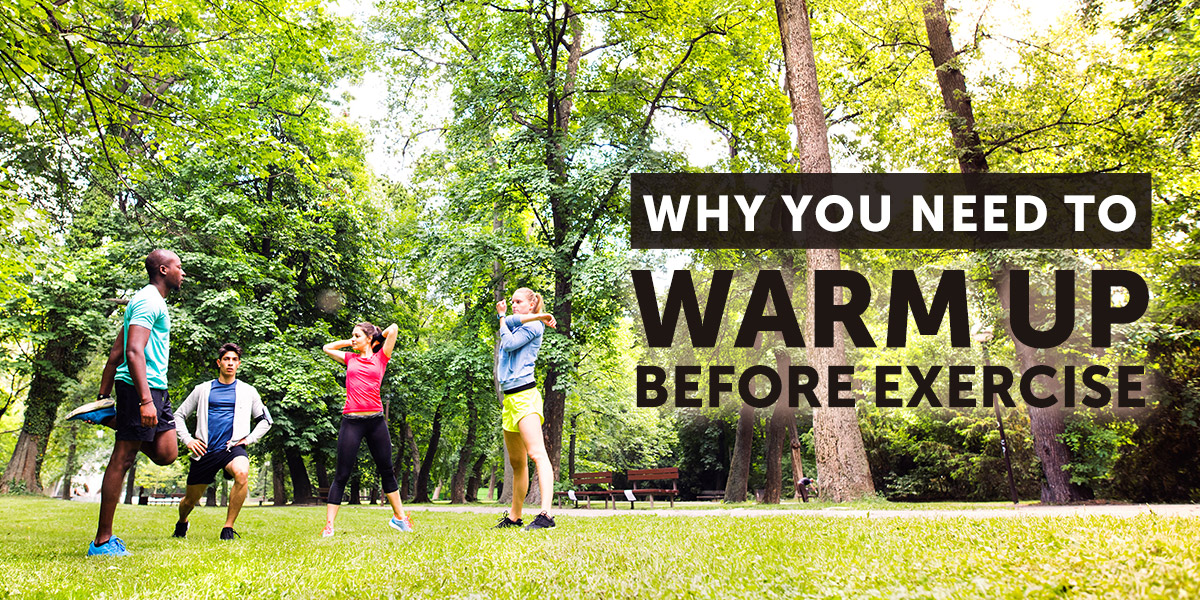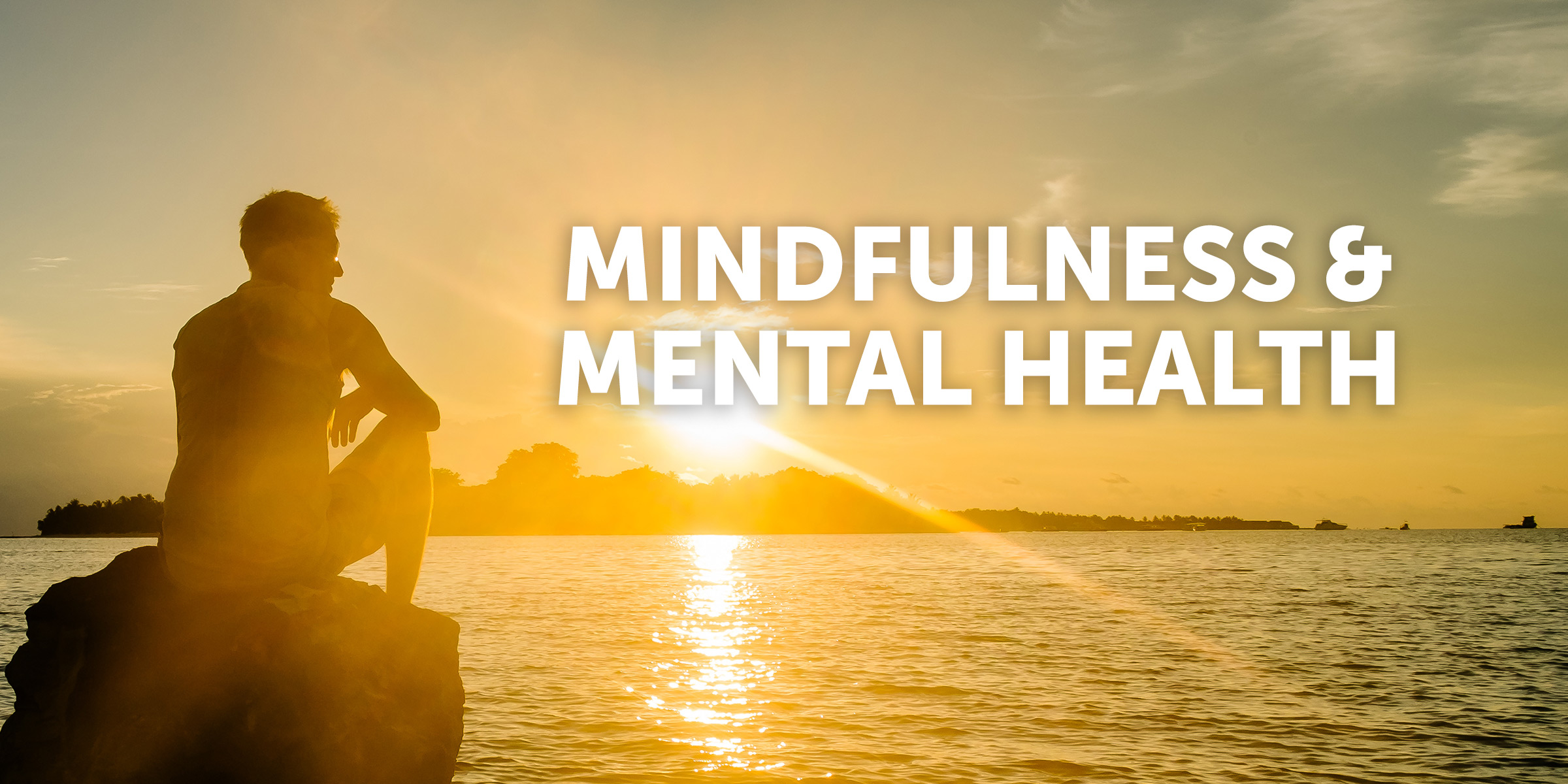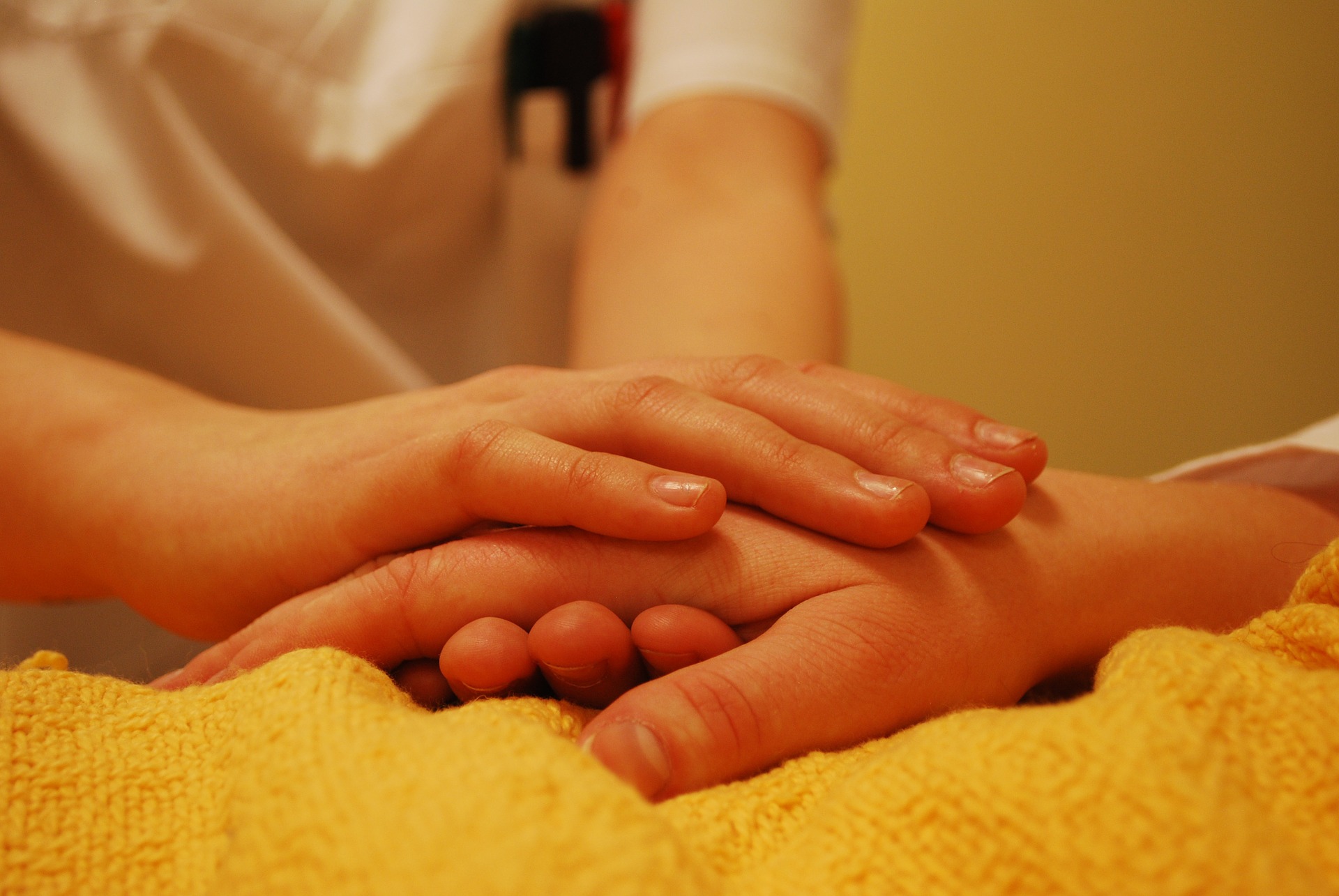There’s always something trending amongst health enthusiasts. Fad diets, superfoods, ideas around what causes cancer, Zumba, kombucha, and the hundreds of other ones that came to your mind. Something trendy that has been on the rise over the last 20 years is “Mindfulness.” You might practice this already without knowing it, you might make it a vital part of your daily routine, or anything in between. Let’s look at what it is, and whether or not it’s beneficial for you.
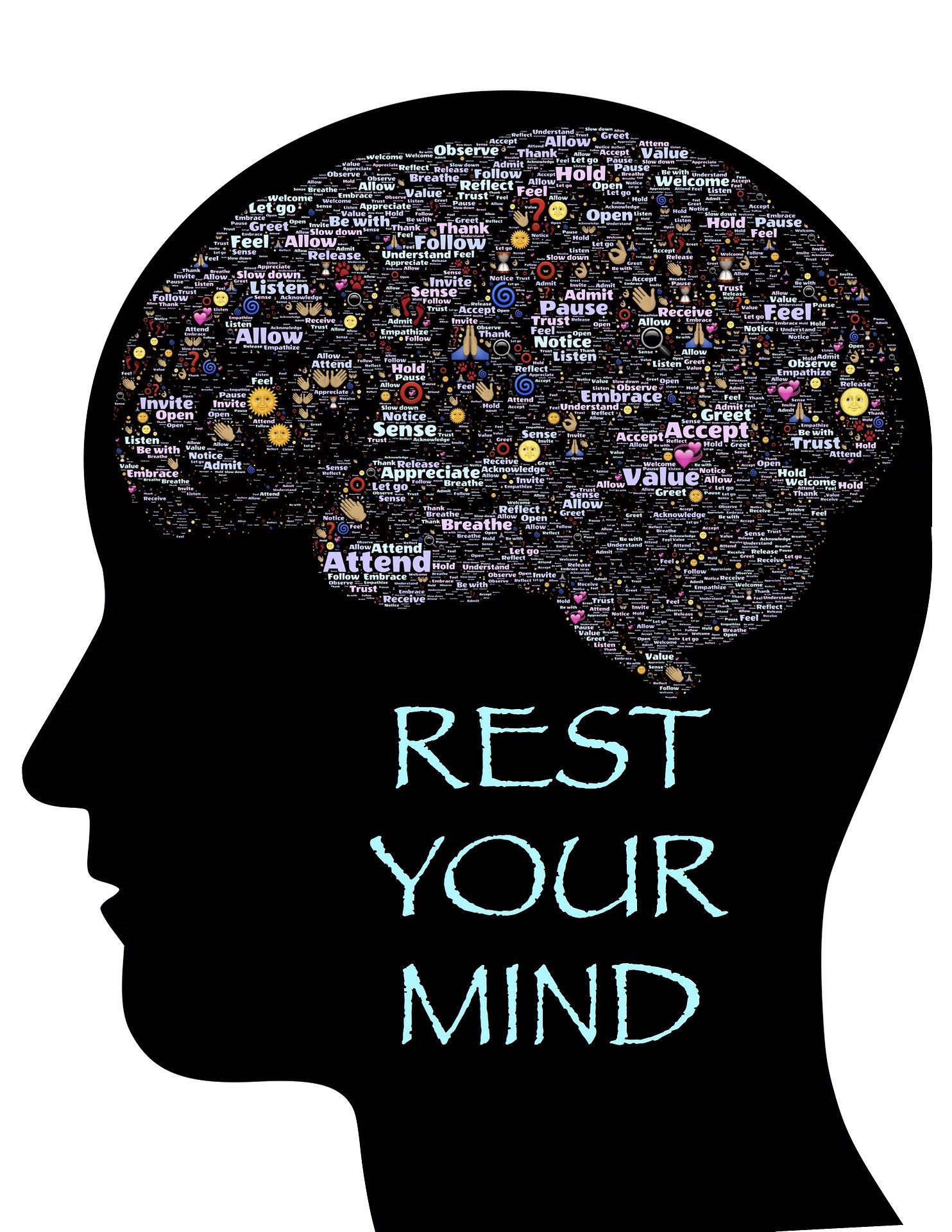
What is Mindfulness?
Being mindful of something is being aware of it, and being able to focus on it so that you can explore and analyse it thoroughly. The popular practice of “mindfulness” is exactly that. Calming yourself and your mind, and allowing yourself to become fully aware of your surroundings, your situation, and your sensations.
Do you notice how noisy life is? Do you know how many things you're experiencing all at once? Do you understand how hard your mind is working at each moment to break down all this information and know what to do with it? When all of this intensifies and starts to overwhelm your senses, it's referred to as STRESS.
Picture this: You are at the gym, lifting a weight. Your muscles are braced, ready for the challenge. You lift. Higher, and higher, and as you lift your muscles start to strain and quiver. Pushing through the pain you continue to lift it above your head. As you hold the weight in place, the burning sensation intensifies, the muscles are fatigued, and it’s finally time to let that weight down. Now, obviously you will want to take a few moments to breathe, and shake up your muscles before you feel ready to lift the weight again. Mindfulness is taking a moment to rest the mind, shake it clear of the tension, and bring the next task into focus.
What is the origin of Mindfulness?
People have been practicing mindfulness for centuries, and its roots can been found in Hinduism, Buddhism, Islam, Judaism, Christianity, and likely many other religions. The idea is that, with a quiet mind, you are best able to focus on worship. Yoga, of course, incorporates mindfulness, as does Tai Chi. In the last few decades, scientists in Western society have studied and encouraged mindfulness, not for the purpose of worship, but for brain health, coping in crisis, and positive psychology. So, it seems to be pretty popular across a vast spectrum of culture, religion, and time. There must be something to it!


How do you actually DO it?
It’s really common to do a short snippet of mindfulness without making it a big deal. You know when you’re freaking out and someone says, “Stop….take a deep breath…..” and you calm down, breathe, and talk when you can be a little less crazy. THAT is mindfulness!
Ancient and foreign practices aside, modern western practice of mindfulness is really simple. Find a quiet place, away from distractions -- a chair, a bed, a mat on the floor -- where you can relax and shut your eyes. Make sure you will not be interrupted for at least 10 minutes. With eyes closed and body relaxed, you then begin to breathe deeply. Take oxygen in, and imagine you’re breathing all your thoughts out with your breath. Once you feel calm, you can then be mindful of whatever it is you need at the time.
If you’re doing this simply to refresh the mind and feel rested, it’s helpful to systematically go through the parts of your body (Feel your toes, feel your whole feet, feel your ankles etc up through the whole body and into the internal systems). Becoming aware of all your body parts and the sensations surrounding them is very relaxing, and after a period of about 10 minutes you’ll feel calm, relaxed, and refreshed.
If you’re doing this to try to manage a crisis situation, you can go through the steps of quietly calming yourself, and then you start to bring into focus the situation you need to deal with. You systematically become aware of the different aspects of the situation, how you feel about it, and just gather all the information. From there you can go through several more steps to analyse the situation and coherently piece together a good response and action plan, and when you have finished you are calm, have clearly considered the information, and are ready to perform well.
There is a really good podcast by Dr Caroline Leaf where she explains just how to do this in 5 steps. http://podcast.drleaf.com/e/episode-68-why-mindfulness-is-not-enough-the-best-way-to-deal-with-a-crisis-and-protect-your-mental-health/

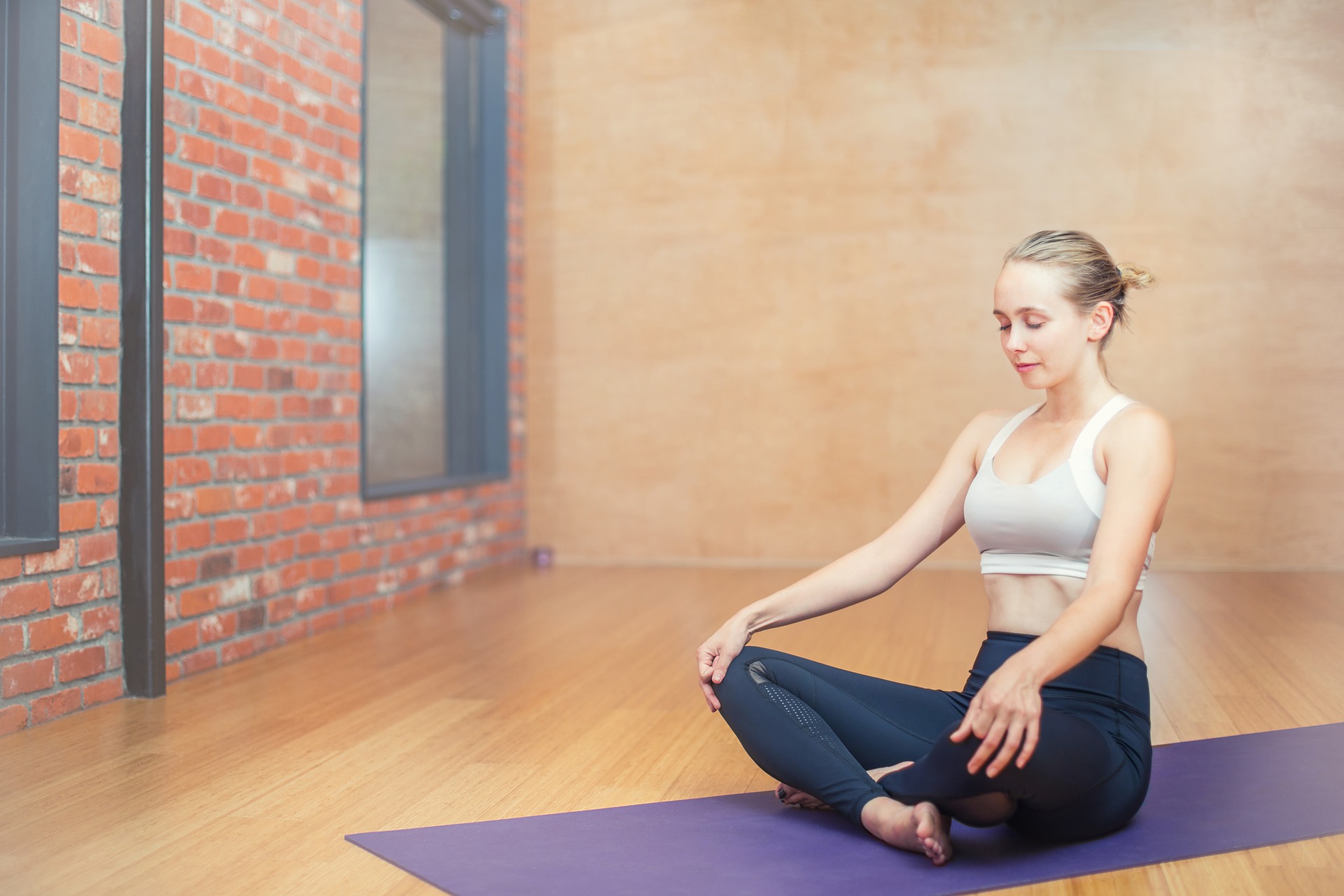
Benefits of Mindfulness
There aren’t really any cons of mindfulness, only pros. If you’re religious, you might argue that practicing mindfulness is against your beliefs, and you want no part of it! But rest easy, it’s your mind. And your breath. All you are doing is resting, breathing, and focusing on whatever you choose. This is also called meditation. You don’t have to practice meditation in the Lotus position with yoga pants on. Meditation is thinking, and no religion or culture can own it.
Some of the benefits are:
- Enhances brain function
- Calms you down
- Brings everything into focus
- Helps you through a crisis situation
- Gives you control over your next step
Will it really help?
If you plan to do 10 minutes of mindfulness each day, you will have at least 10 minutes of peace. That’s not a bad thing. This will not be enough to get you through the day in a haze of serenity and calm, but practicing will make it easier to react mindfully when you do face times of stress or crisis.
We all need to hit the "refresh" button sometimes -- why not give mindfulness a go?

